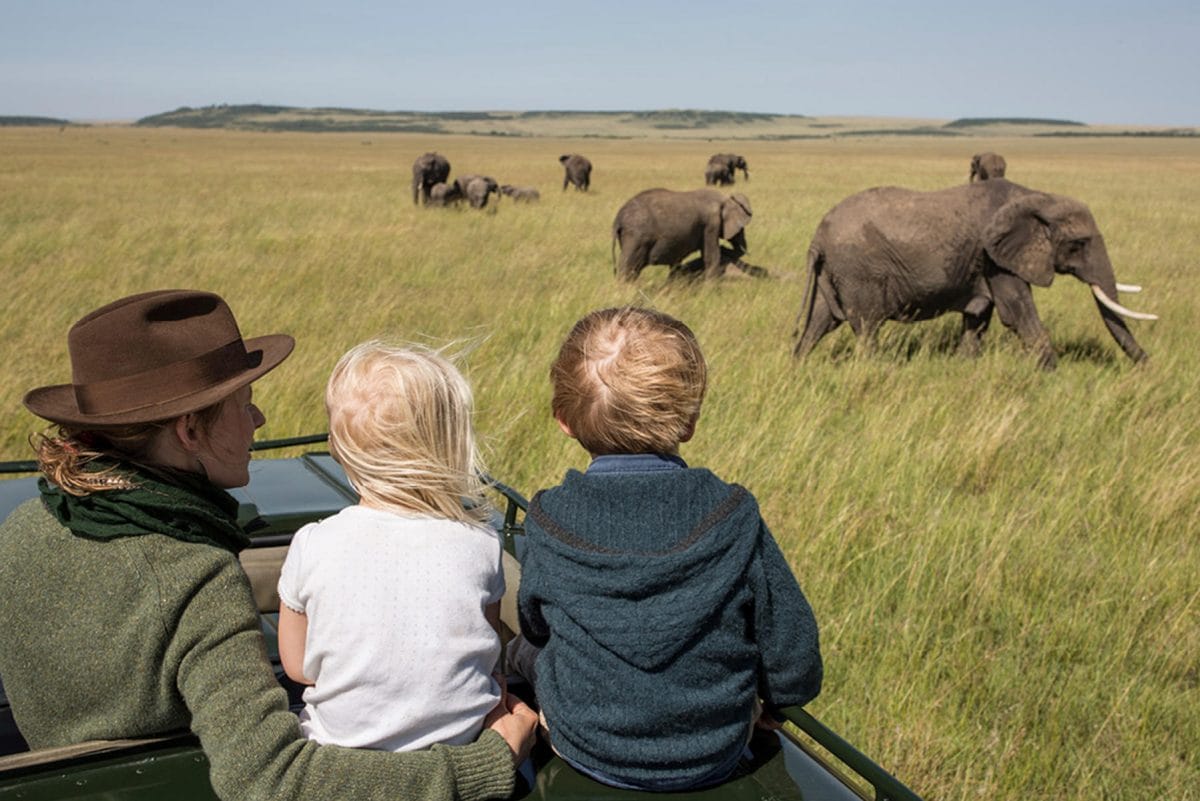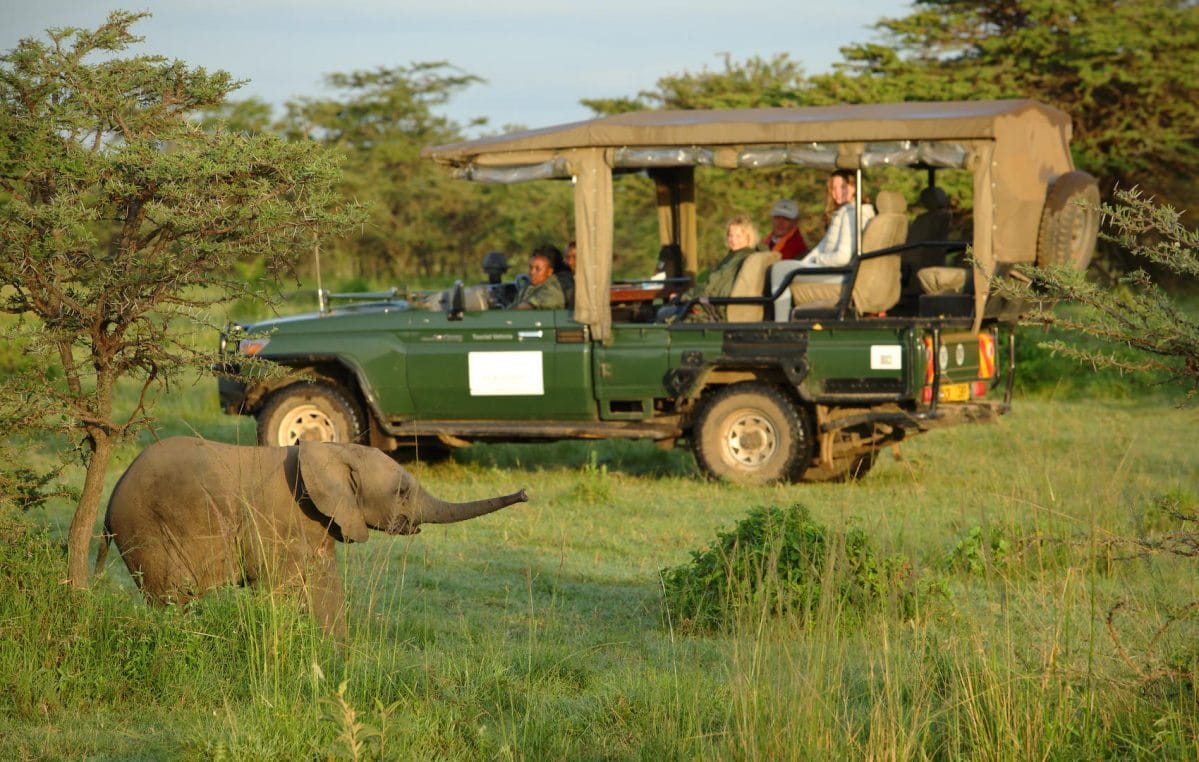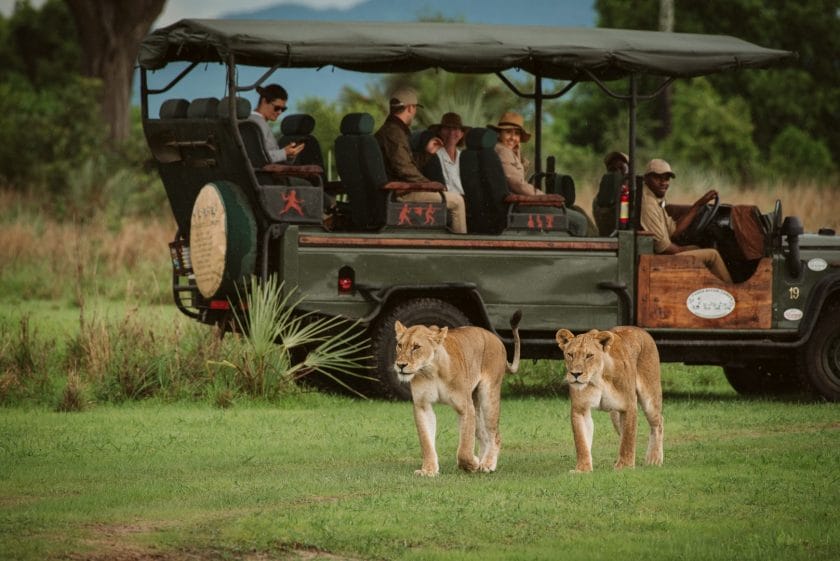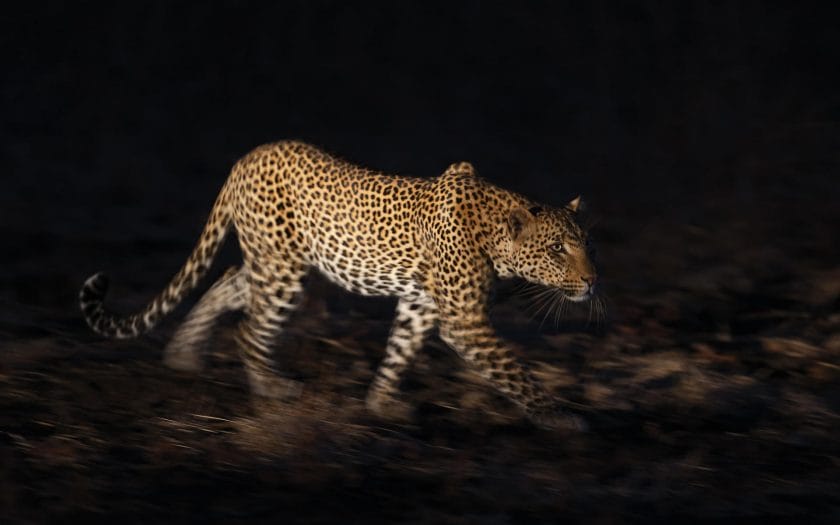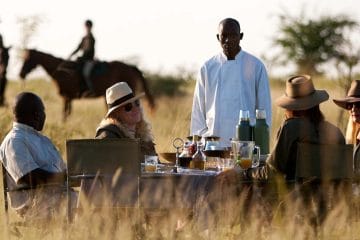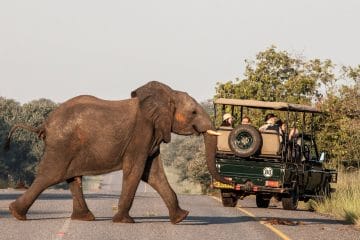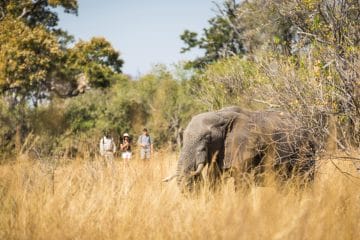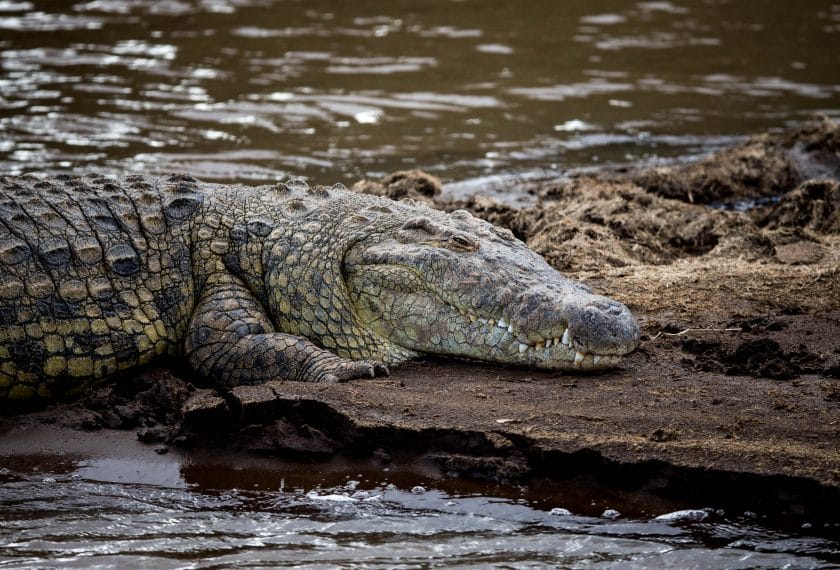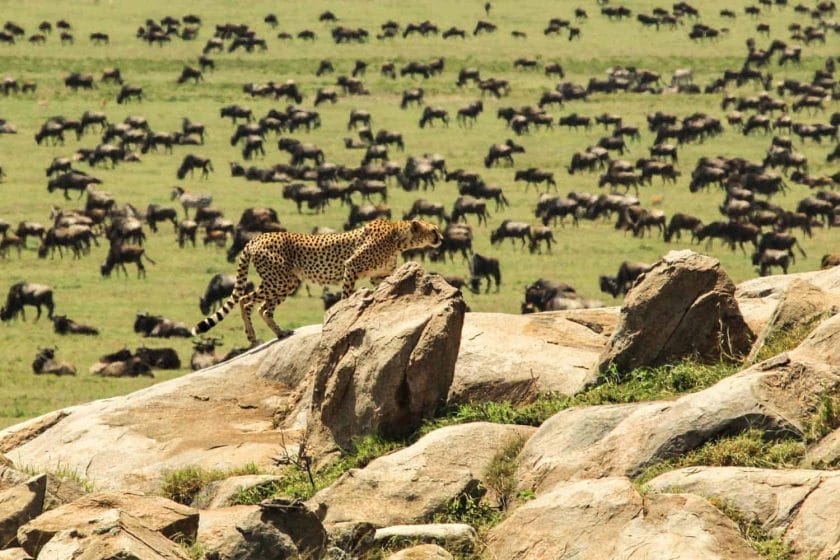Being out in nature while enjoying a family safari away from the stresses of everyday life holds many benefits for your loved ones.
Family safaris are also about creating great memories as a unit, as they provide an ideal environment to truly be in each moment and enjoy it fully.
Ensuring you have adequate health insurance, including coverage for border-crossing breaks, is crucial for a family safari. It’s a safety net that provides peace of mind, regardless of the healthcare facilities at your destination.
Let’s look at some health and wellness preparations you should consider before booking this rewarding travel experience that lets your family bond on a new and exciting level.
Pre-Trip Preparations
Vaccinations and Health Checks
- Visit a healthcare practitioner before leaving, more so if you are traveling to a foreign country. Recommended vaccinations include yellow fever, typhoid, hepatitis A and B and malaria.
- Get a regular health check to make sure you are fit to travel or to refill your prescriptions.
Travel Insurance
- Comprehensive travel insurance is necessary, as it will cover any damages or medical emergencies that may occur.
- To get the correct insurance, you need to answer questionnaires honestly so you can get a suitable package. Consider cancellation cover for non-refundable deposits and prepaid trips that are cancelled for covered reasons, medical expenses and emergency evacuation benefits.
Health Considerations during the Safari
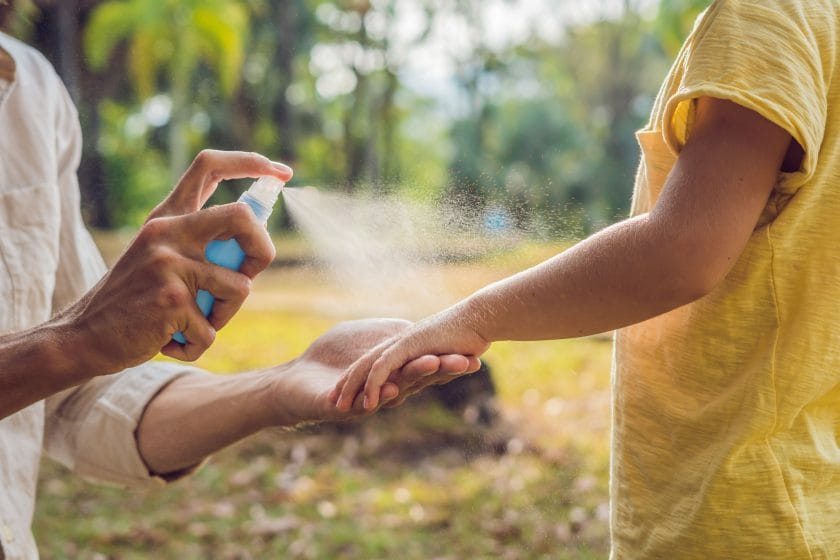
Malaria Prevention
- Use insect repellents, cover your body, use mosquito bed nets and only drink purified, bottled water.
- Spray insect repellent on your clothes for extra protection or buy a product with permethrin to treat your clothes and bed net to repel mosquitoes.
Sun Protection
- Best practices for sun protection include broad-spectrum sunscreen, UV-protective clothing, sunglasses, and hats. Keep to shaded areas and avoid surfaces that reflect damaging sun rays. Stay hydrated, limit your time in the sun and apply SPF-infused lip balm to protect your lips.
- To stay hydrated in dry, hot environments – drink lots of water and avoid sugary drinks and alcohol, as they will dehydrate you more. Eat fruits with higher water content, like watermelon and strawberries. Spicy foods activate your body to cool off when you sweat.
Healthy Eating and Hydration
- Make sure to wash your food with clean, purified water before consuming it, and wash your hands thoroughly with clean, warm water and soap for at least a minute. Avoid drinking tap water unless you purify it. Choose low-fat meats and go easy on the salt, as it increases the risk of getting hydrated.
Safety and Wellness Essentials
First Aid Kit Essentials
- Your kit must always be well stocked, kept in a cool, dry place and away from children. It should at least contain different-sized and shaped plasters, painkillers, allergy medications, sterile disposable gloves, thermometers, scissors and tweezers, antiseptic creams, alcohol-free cleansing wipes, eye wash and bath, and skin rash and insect bite relieving cream. Make sure to keep a basic first aid manual or instruction booklet with your kit at all times.
Wildlife Safety Education
- Teaching children not to interact with the animals, to keep their whole body inside the safari vehicle at all times and not to make excessive noise is essential. Emphasize how that is for their safety and overall enjoyment of the experience. Have rewards to reinforce compliance.
- Adhering to safari guide instructions will enhance the experience and ensure everyone’s safety.
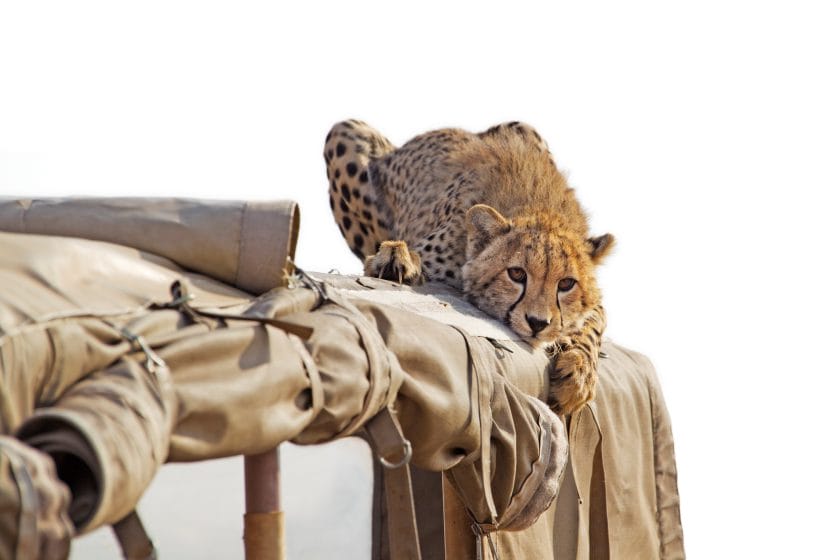
Local Health Guidelines
- Familiarize yourself with health advisories in the safari region, including COVID-19 protocols.
Personal Wellbeing on Safari
- Make sure to give your body and mind sufficient rest. Consider sleeping early so you can wake up energized for the day ahead.
- Reserve 30 minutes for evening exercises to help you sleep faster and another for body stretching in the morning to prepare your body for the day ahead. Rest as well; meditate, read or sit in silence. Drinking adequate amounts of water and eating well will also help maintain the balance between rest and physical demands.
Appropriate Dressing
- Always opt for comfortable, ‘safari appropriate’ colour clothes in line with the season. Always keep your shoes on, more so when you are outdoors. Never walk around without sun protection.
Physical Fitness Requirements
- Safari activities like guided walks require a certain level of physical fitness; this depends entirely on the duration of the walk and the terrain. Research to determine where you should be.
Mental Wellbeing
- Don’t set kids’ expectations too high or too low; just enough to get them excited. Incorporate games and prizes and train them to be patient as well. Having their own cameras is also ideal, as it will keep them busy when the bushes are still.
Emergency Preparedness and Environmental Respect
Local Medical Facilities
- Know where the nearest medical centre is and update your medical files and emergency contacts for any emergencies that may occur.
Avoiding Contact with Wild Animals
- Understanding the risks of disease transmission from wildlife is crucial; rather, admire them from afar.
Environmental Responsibility
- Disrespecting the safari environment has dire consequences for both animals and humans; there can be fatalities on both ends.
Additional Health Tips
Altitude Sickness Awareness
- Know the common symptoms and stop immediately when they become apparent. Make sure to have appropriate medication, assess the situation and, should you choose to, take your time.
Regular Hand Washing
- Pocket-sized, waterless hand sanitizers are ideal for this case. Make sure the alcohol content is enough to kill all known germs.
Family safaris are more fun when well prepared. Take into consideration your family’s allergies and other illnesses when planning. Get everyone physically and mentally fit; teach environmental responsibility and wildlife safety tips.
Ready to start planning your Family Safari to Africa? Reach out to our Discover Africa travel experts to start planning today.







